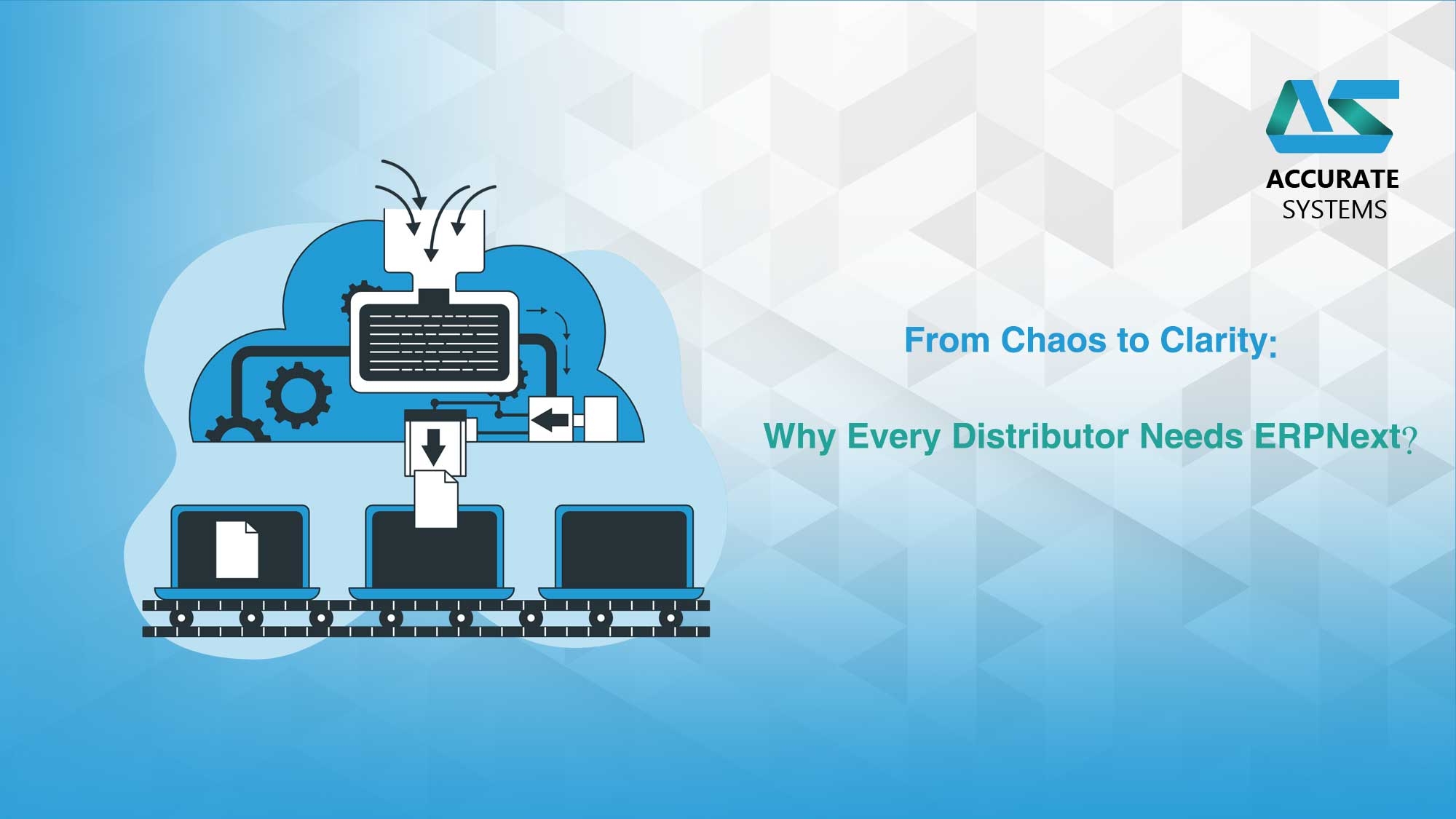In today’s competitive landscape, efficiency and visibility are paramount for distribution companies. Managing inventory, fulfilling orders promptly, and maintaining strong customer relationships are constant battles. This is where Enterprise Resource Planning (ERP) systems come in, offering a comprehensive solution to streamline operations and empower informed decision-making.
Here’s why ERP systems are essential for distribution companies, with a particular focus on the advantages offered by ERPNext:
Challenges Faced by Distribution Companies:
- Inventory Management: Maintaining optimal stock levels is crucial. Overstocking leads to high holding costs, while understocking results in lost sales and frustrated customers.
- Order Fulfillment: Manually tracking orders, picking items, and ensuring timely delivery can be a logistical nightmare.
- Warehouse Management: Optimizing warehouse space, picking routes, and managing staff effectively requires clear organization and visibility.
- Disjointed Data: Without a central system, data on inventory, customers, and finances may be scattered across spreadsheets and applications, hindering informed decisions.
How ERP Systems Address these Challenges?
- Integrated Inventory Control: ERP systems provide real-time inventory visibility across multiple locations. This allows for setting reorder points, tracking stock movement, and minimizing stockouts.
- Streamlined Order Fulfillment: From order placement to delivery, ERP automates various tasks. This includes generating picking lists, optimizing picking routes, and tracking shipments, leading to faster fulfillment times.
- Enhanced Warehouse Management: ERP helps manage warehouse space allocation, optimize picking routes, and track staff performance, leading to increased efficiency and reduced costs.
- Unified Data Platform: ERP acts as a single source of truth, consolidating data from various departments like sales, inventory, and finance. This empowers data-driven decision making across the organization.
Why ERPNext Shines for Distribution Companies?
- Open Source and Cost-Effective: Unlike traditional ERP systems with hefty licensing fees, ERPNext is an open-source solution, making it a cost-effective option for businesses of all sizes.
- Scalability: ERPNext can adapt and grow alongside your business. Its modular design allows you to activate only the features you need, and additional modules can be easily integrated as your needs evolve.
- Flexibility and Customization: ERPNext empowers you to customize workflows and reports to perfectly match your specific distribution processes. This ensures the system works for you, not the other way around.
- User-Friendly Interface: ERPNext boasts an intuitive interface that simplifies adoption for users across departments. This minimizes training time and ensures everyone can leverage the system effectively.
Beyond these core functionalities, ERPNext offers additional benefits for distribution companies:
- Customer Relationship Management (CRM): Manage customer interactions, track sales history, and personalize communication strategies.
- Supply Chain Management: Gain real-time visibility into your supply chain, identify potential bottlenecks, and optimize supplier relationships.
- Business Intelligence (BI): Generate insightful reports and dashboards to track key performance indicators (KPIs) and make data-driven decisions for continuous improvement.
In conclusion, ERP systems, particularly ERPNext, are powerful tools for distribution companies. By offering inventory control, streamlined order fulfillment, warehouse management capabilities, and a unified data platform, ERPNext empowers distribution companies to achieve operational excellence, improve customer satisfaction, and gain a competitive edge.


